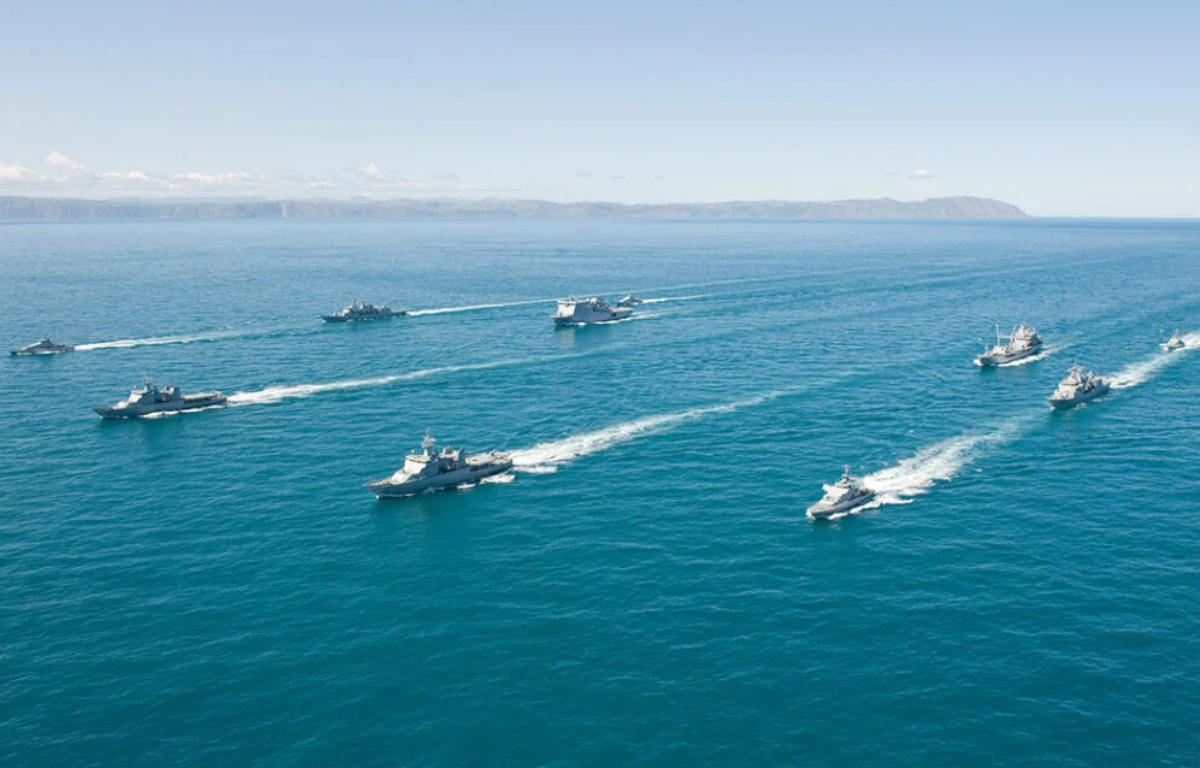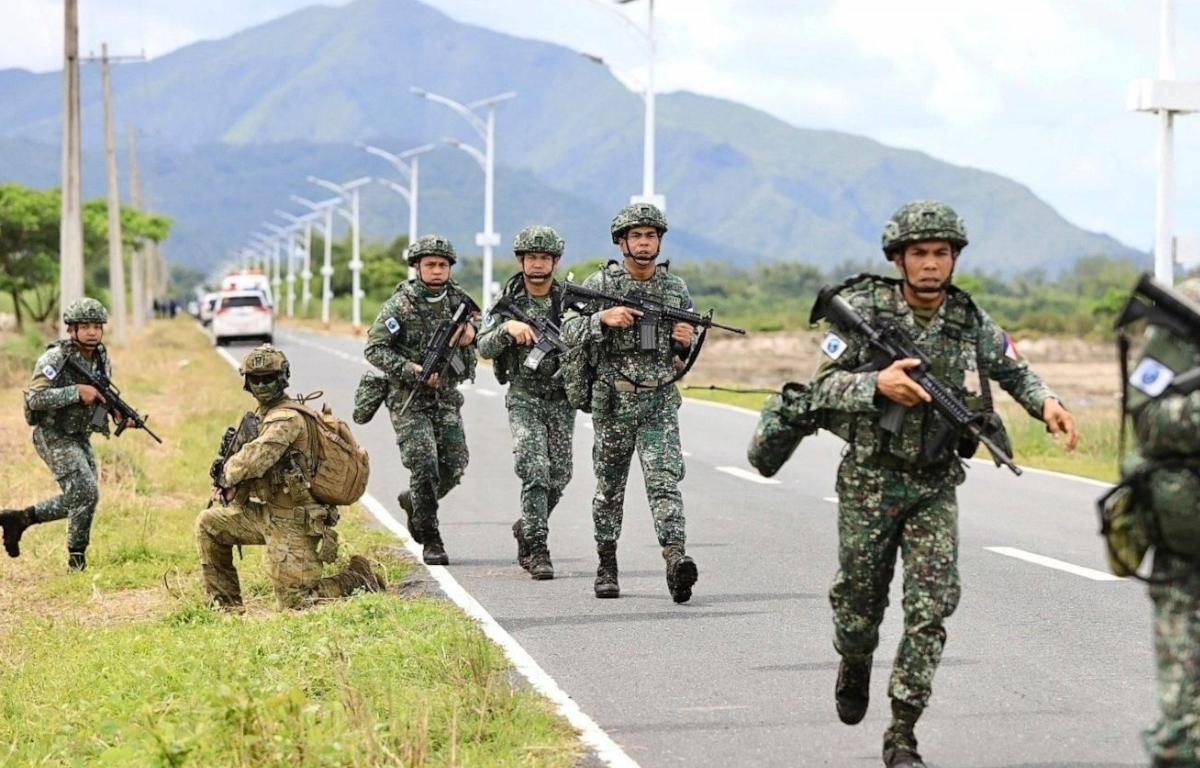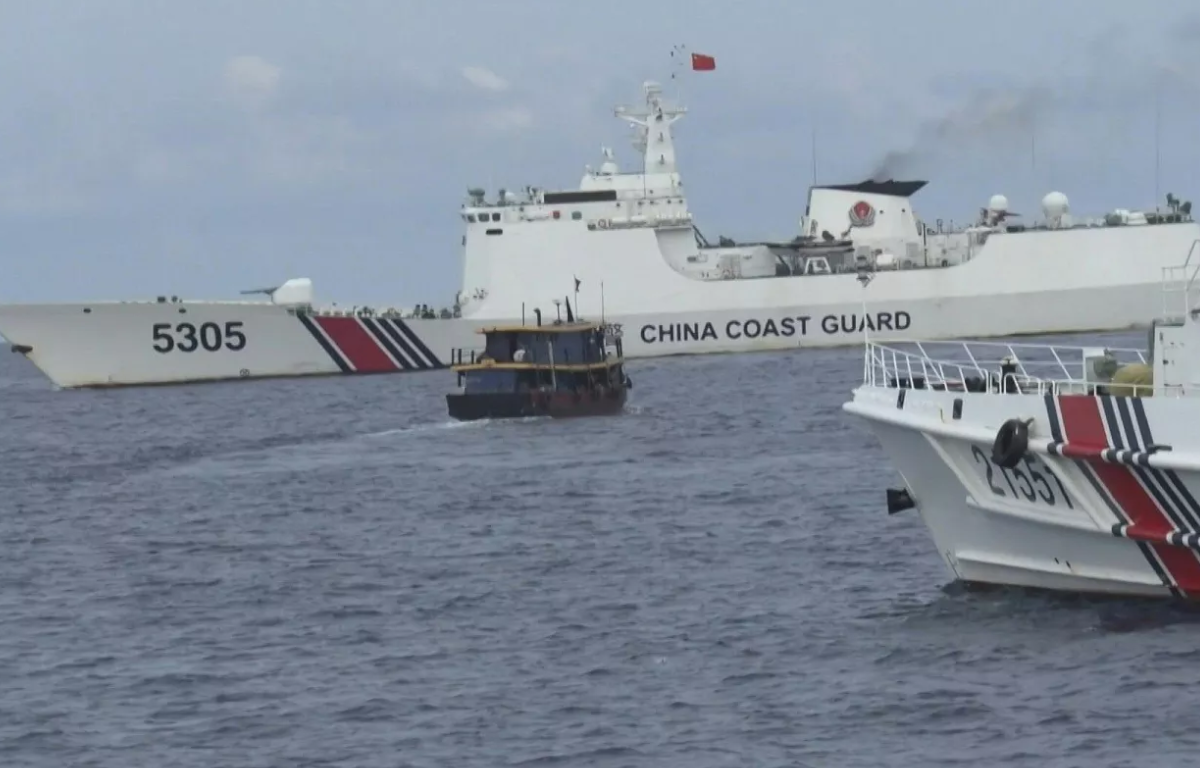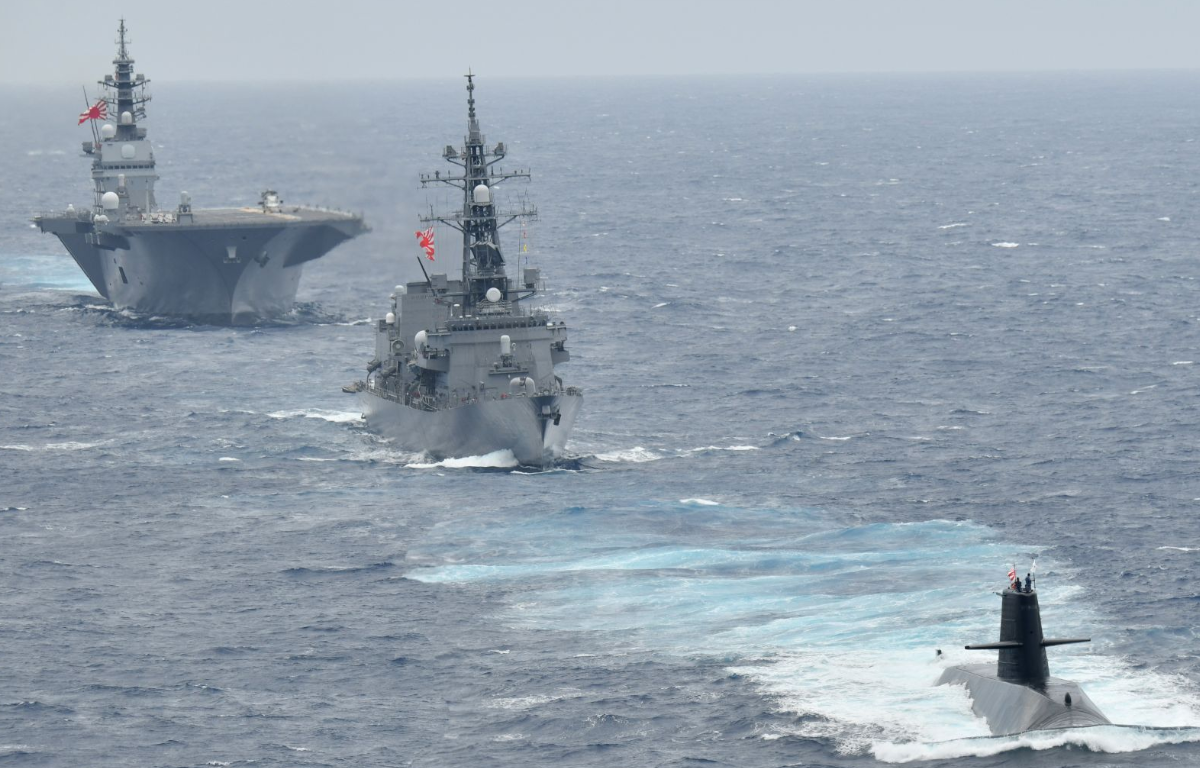
Pagasa Island, also known as Thitu Island, is part of the Spratly Islands archipelago and is currently under Philippine control. It is home to a small civilian community and a military presence, with the Philippines maintaining infrastructure and conducting patrols in the area. However, China’s recent assertion of sovereignty over the island has reignited long-standing tensions in the region.
China’s claim to Pagasa Island is based on historical assertions of sovereignty over the South China Sea, which it refers to as the “Nine-Dash Line.” This claim has been widely contested by neighboring countries, including the Philippines, Vietnam, Malaysia, and Brunei, as well as by international observers and legal bodies such as the Permanent Court of Arbitration.
The Philippines has strongly condemned China’s claims over Pagasa Island, arguing that they violate international law and encroach upon Philippine territory. The country has reiterated its sovereignty over the island and called for peaceful resolution of disputes through diplomatic means and adherence to international law, particularly the United Nations Convention on the Law of the Sea (UNCLOS).
The dispute over Pagasa Island is part of a broader pattern of maritime disputes in the South China Sea, where overlapping territorial claims have led to confrontations and heightened tensions among claimant states. China’s assertive actions in the region, including the construction of artificial islands and military installations, have raised concerns among neighboring countries and the international community about its intentions and adherence to international norms.
Efforts to address these disputes have included diplomatic negotiations, multilateral forums such as the Association of Southeast Asian Nations (ASEAN), and legal mechanisms such as the UNCLOS arbitration process. However, challenges persist in finding a comprehensive and lasting resolution to the complex territorial and maritime issues in the South China Sea.
The escalation of tensions over Pagasa Island underscores the need for continued dialogue, adherence to international law, and respect for the sovereignty and territorial integrity of all nations involved. It also highlights the strategic importance of the South China Sea, not only as a vital maritime trade route but also as a geopolitical flashpoint with far-reaching implications for regional stability and security.
As the situation unfolds, diplomatic efforts and international cooperation will be crucial in managing tensions and promoting peaceful resolutions to maritime disputes in the South China Sea. The stakes are high, and a constructive approach that prioritizes dialogue and rules-based engagement is essential to fostering stability and security in the region.










Share this: